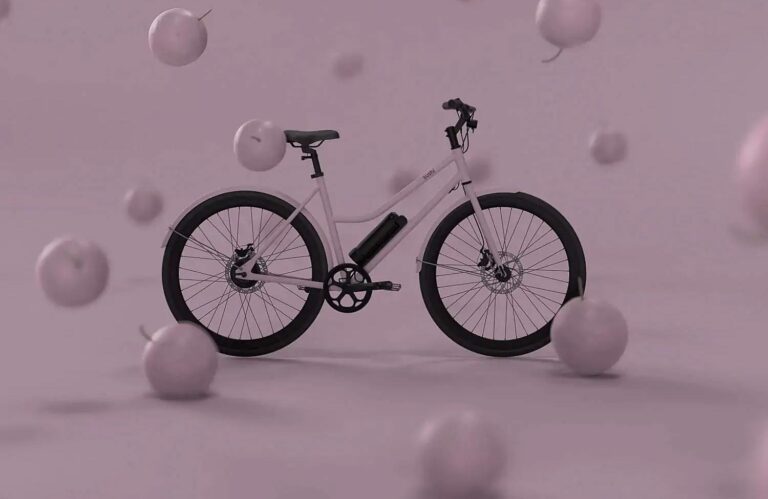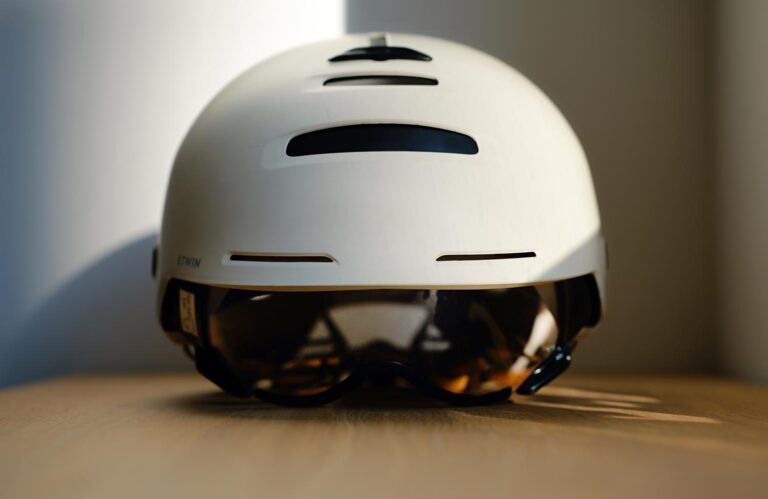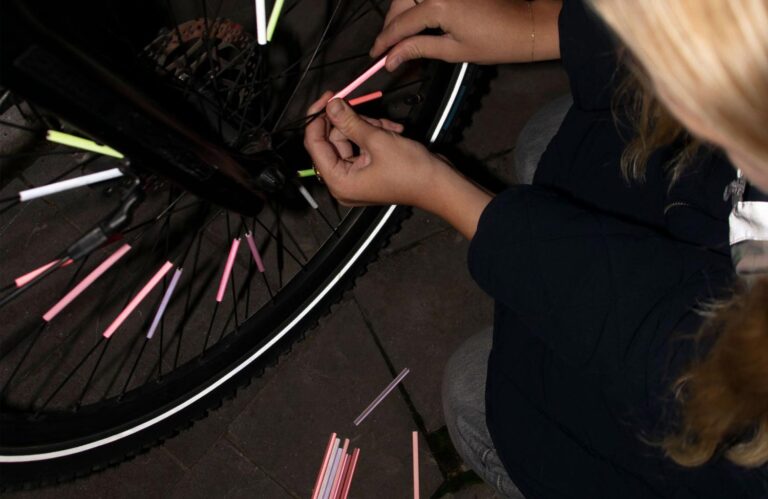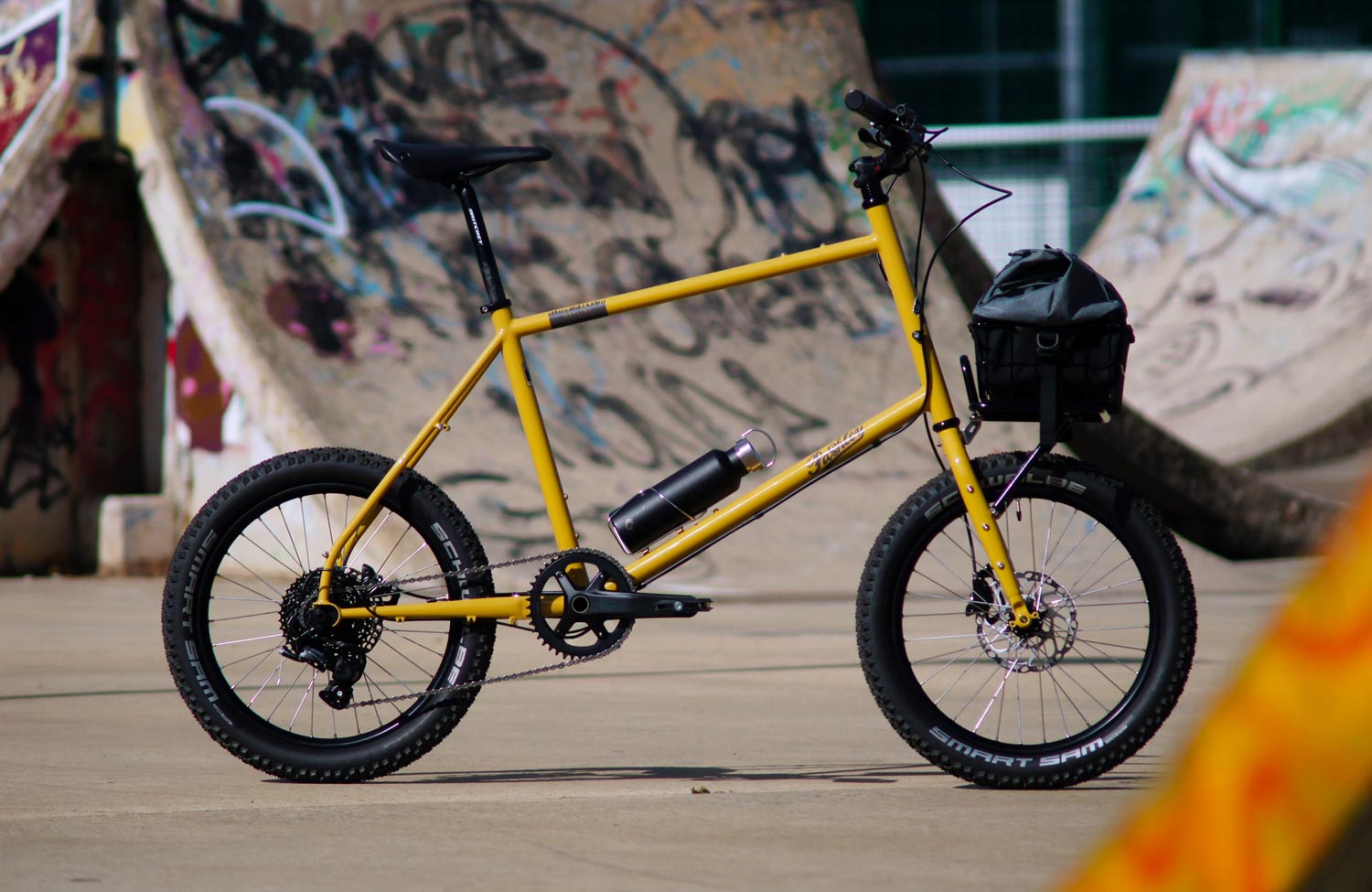Sushi Bikes launched in 2019 with great fanfare and prominent backing: together with German TV host Joko Winterscheidt, the Munich-based team brought an e-bike onto the market that promised one thing above all else – electric riding for less than 1,000 euros. Winterscheidt left the company as a shareholder in April 2024, but the brand continued to project the image of a hip, young mobility start-up. Now the company has been forced to file for insolvency. The application was received by the Munich District Court on 14 November.

The unique selling point was no longer unique at some point
The immediate success of Sushi Bikes was based on a clear USP: an extremely affordable, minimalist e-bike for the city. Although the technology was kept fairly simple from the outset, the purist look, fresh colours and aggressive pricing made the concept attractive – especially at a time when e-bikes were usually significantly more expensive.
But the market changed rapidly. Prices rose with each new model generation; most recently, the California Roll 3.0 and Maki 3.0 cost around 1,399 euros. At the same time, competitors followed suit: brands such as Tenways and Decathlon launched e-bikes that offered more in terms of technology – for example, with a more powerful motor, torque sensor or larger battery – often at a similar or even lower price.

With Sushi, on the other hand, much remained the same for a long time. No torque sensor, a small 230 Wh battery, a 200 watt motor: in an increasingly competitive environment, the product range became increasingly difficult to justify.
The market is shifting – and sushi is sliding down with it
Since 2022, the bicycle industry has been in a deep crisis. The pandemic boom was followed by overproduction, full warehouses and price reductions practically everywhere. Even established brands are coming under pressure – for a start-up like Sushi Bikes, the situation became correspondingly precarious.
The launch of the new Tabi model in late summer seemed like a last-ditch effort to turn things around. Technically more advanced, but also significantly more expensive at 1,899 euros, the bike lost the brand’s original DNA: affordable urban e-mobility. Without a clear USP, the Tabi remained one of many – and apparently not strong enough to save the company.

Webshop closed – what happens next?
The Sushi Bikes online shop is currently unavailable. Instead, the following message appears: ‘We’ll be back soon 👋 We are currently working on important changes and will be available again soon.’ At least there is still a form for complaints and returns. However, it remains unclear what will happen next for customers, suppliers and pre-order customers. It is to be hoped that all outstanding orders will either still be delivered or that buyers will receive their money back.
Conclusion
Sushi Bikes began as a bold, stylish and extremely affordable e-bike project with great appeal – but rising costs, technical competition and a slumping market ultimately overwhelmed the start-up. The insolvency marks the temporary end of a brand that many had perceived as a fresh counterpoint to the established bicycle industry. Whether Sushi Bikes will actually be ‘back soon’ remains to be seen.









